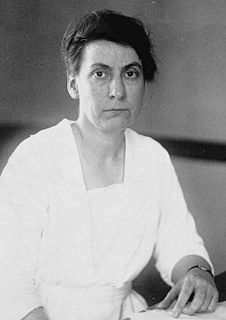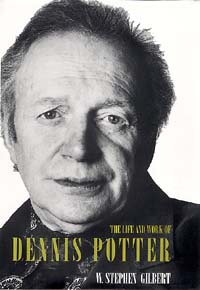A Quote by George Bernard Shaw
Affection between adults - if they are really adult in mind and not merely grown up children - and creatures so relatively selfish and cruel as children necessarily are without knowing it or meaning it, cannot be called natural.
Related Quotes
Children, it should be repeated, are not pocket editions of adults, because childhood is a period of physical growth and development, a period of preparation for adult responsibility and public and private life. A program of children cannot be merely an adaptation of the program for adults, nor should it be curtailed during periods of depression or emergency expansion of other programs.
The new concept of the child as equal and the new integration of children into adult life has helped bring about a gradual but certain erosion of these boundaries that once separated the world of children from the word of adults, boundaries that allowed adults to treat children differently than they treated other adults because they understood that children are different.
A tyrannous and gluttonous demand for affection can be a horrible thing. But in ordinary life no one calls a child selfish because it turns for comfort to its mother; nor an adult who turns to his fellow "for company." Those, whether children or adults, who do so least are not usually the most selfless.
Critics who treat adult as a term of approval, instead of as a merely descriptive term, cannot be adult themselves. To be concerned about being grown up, to admire the grown up because it is grown up, to blush at the suspicion of being childish; these things are the marks of childhood and adolescence.
Although we like to think of young children's lives as free of troubles, they are in fact filled with disappointment and frustration. Children wish for so much, but can arrange so little of their own lives, which are so often dominated by adults without sympathy for the children's priorities. That is why children have a much greater need for daydreams than adults do. And because their lives have been relatively limited they have a greater need for material from which to form daydreams.
Thou shalt not commit adultry is a command which makes no distinction between the following persons. They are all required to obey it: children at birth. Children in the cradle. School children. Youths and maidens. Fresh adults. Older ones. Men and women of 40. Of 50. Of 60. Of 70. Of 80. Of 100. The command does not distribute its burden equally, and cannot. It is not hard upon the three sets of children.
There are many things children accept as "grown-up things" over when they have no control and for which they have no responsibility--for instance, weddings, having babies, buying houses, and driving cars. Parents who are separating really need to help their children put divorce on that grown-up list, so that children do not see themselves as the cause of their parents' decision to live apart.






































